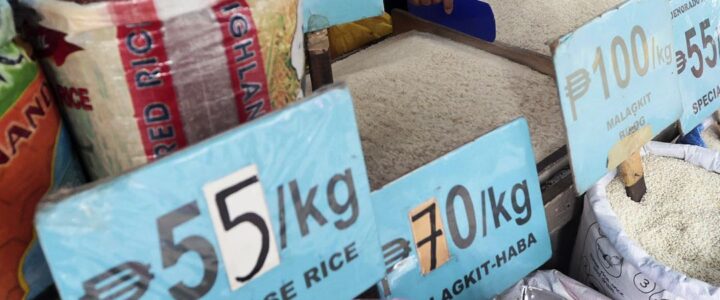On the occasion of the 25th year of the United Nations Declaration on Human Rights Defenders, the Center for Women’s Resources (CWR) stands in solidarity with human rights defenders who tirelessly struggle for justice, freedom, and democracy in the Philippines, and across the world.
In the Philippines, the weaponization of the law against human rights defenders is an affront to our democracy. Activism and other forms of resistance are persistently depicted as threats to national security, or worse, as acts of rebellion. Draconian laws with ambiguous and sweeping definitions, such as the Anti-Terrorism Act of 2020, have been enacted , empowering authorities to label activists and human rights defenders as terrorists or enemies of the state.
The Anti-Terror Law has been weaponized by the state against the Filipino people as a tool of fascist terrorism ever since it was put into effect. In recent months, increasing cases of use of ATL or RA 11749 and RA 10168 related to “financing terrorism” have been recorded.
It is also important to note that many of those charged by ATL, those included in the terrorist list, and those subjected to relentless attacks are human rights defenders who are at the forefront of the fight against neoliberal development and repressive state policies impacting women’s and people’s lives.
From July 2016 to December 2022, there were 66 women victims of extrajudicial killings, many of whom were women human rights defenders – Elisa Badayos, Zara Alvarez, Leonila Pesadilla, and numerous others. These victims include educators, health activists, human rights advocates, and farmers opposing major mining projects destructive in their communities. They tirelessly work to expose the injustices perpetrated by powerful institutions and corporations, and fight for the rights of marginalized communities.
Meanwhile, enforced disappearances remain rampant. On May 3, 2022, Loi Magbanua, a labor organizer and women’s and LGBT rights advocate, was abducted along with a fellow labor organizer. Two months later, peasant organizers and human rights defenders Cha Pampoza and Elgene Mungcal went missing in Moncada, Tarlac.
As of June 2022, there are 162 women political prisoners, including human rights workers Alexandrea Pacalda and Glendhyl Malabanan, development worker Rita Espinoza, writer and women’s rights advocate Adora Faye de Vera, community journalist Frenchie Mae Cumpio, and peasant women organizer Amanda Echanis.
Despite relentless attacks, and amid the worsening economic and social crisis, human rights defenders remain committed to holding the state accountable to its people. They stand firm and grounded, even as they face threats to their safety and liberty.
As we commemorate the 25th year of the United Nations Declaration on Human Rights Defenders, let us reaffirm our collective commitment to defend and uphold the rights of those who dedicate their lives to defending the rights of others. Let us remember that the fight for human rights is not limited to a single day or a single declaration, but it is a continuous effort that requires our unwavering commitment and dedication. Together, let’s defend the defenders! Let us strive for a more just, equitable, and democratic future for all Filipinos. ###





